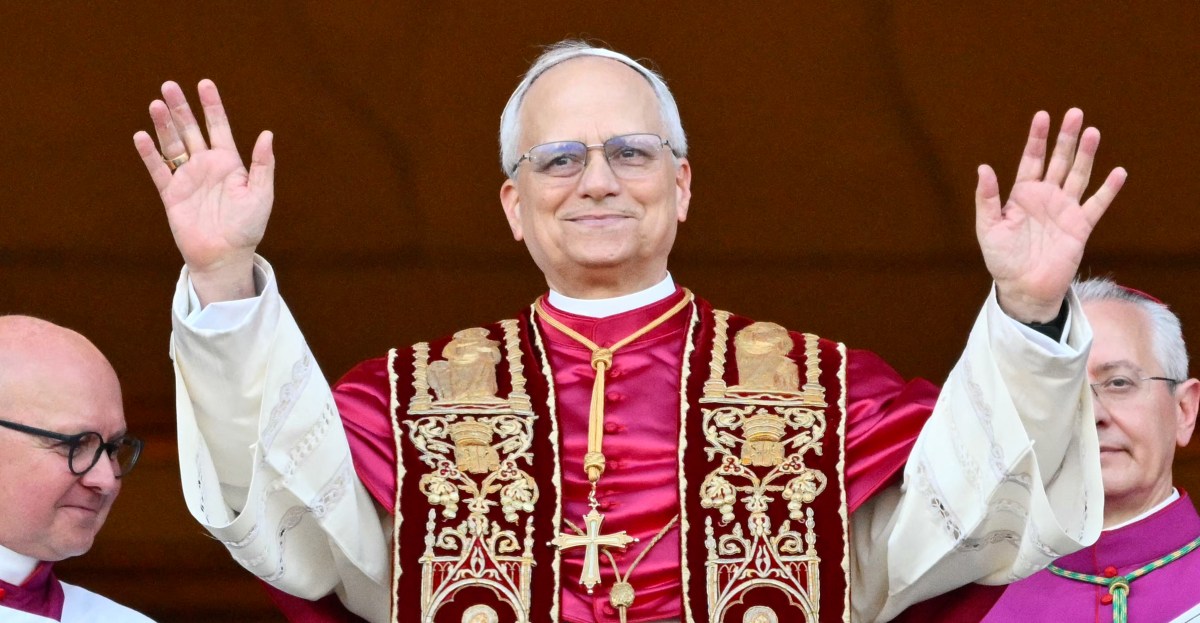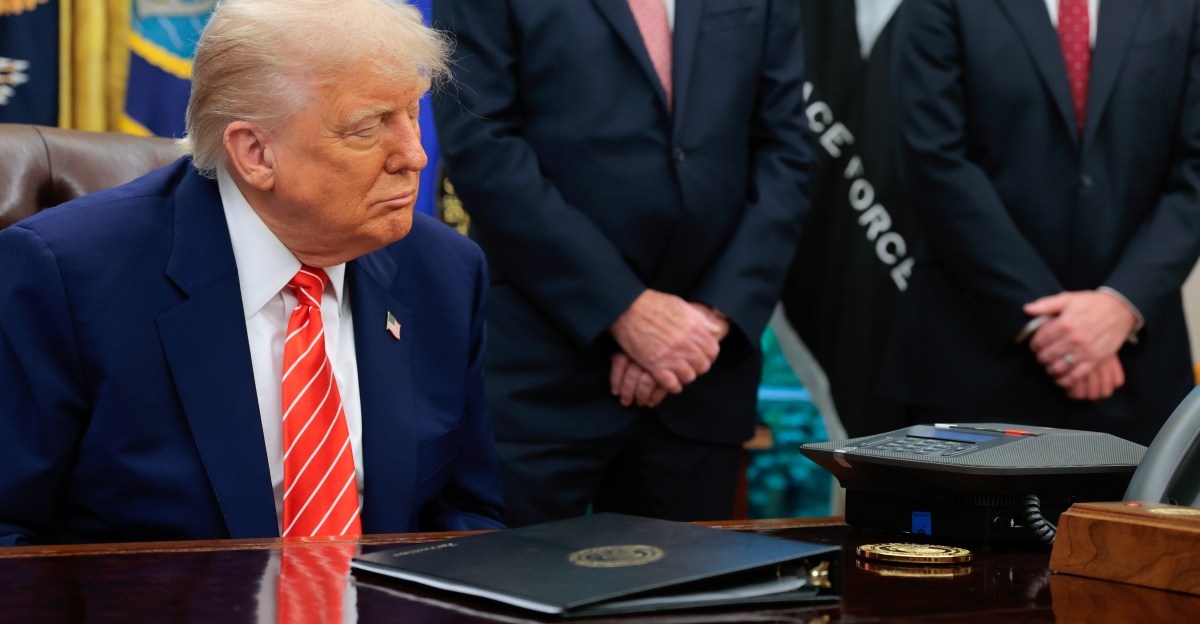Now Reading: Is the new pope liberal or conservative? Neither.
-
01
Is the new pope liberal or conservative? Neither.
Is the new pope liberal or conservative? Neither.

Pope Francis has led the Catholic Church with a focus on inclusivity and care for all individuals. The new pope, Leo XIV, intends to continue this direction, emphasizing God’s love for everyone and the importance of social justice and support for marginalized communities. While Pope Leo XIV holds conservative views on church doctrine, he is progressive on social issues. It is challenging to categorize him on an American political spectrum.
Pope Francis, who passed away recently, is remembered for his role as both a reformer and a traditionalist within the Church. He did not change fundamental church teachings but shifted the Church’s tone towards openness and compassion for the less fortunate. Attempting to classify popes based on American political ideologies overlooks the unique role they play in guiding the Church and its teachings.
The papacy of Francis exemplifies the complexity of viewing the Church through a political lens. He balanced traditional beliefs with progressive stances on social issues, bridging the gap between past doctrines and modern challenges. By focusing on principles like care for the poor and the environment, he reshaped the Church’s approach without straying from its core values. Popes should not be judged through the same political framework as secular leaders, as their role transcends such categorizations.






